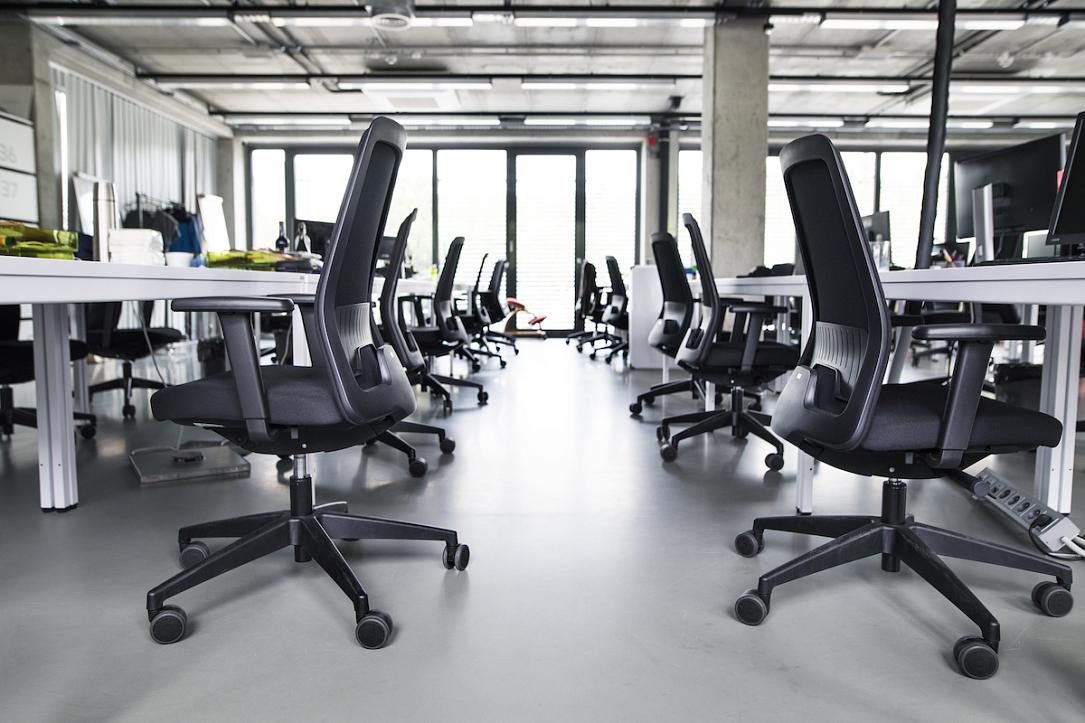Colliers: 2021 will bring challenges, but no collapse, to Romania's real estate market



The year 2020 was "probably the most difficult year for the local economy after the 2009-2010 recession," but not "as bad as it looked like back in spring," according to real estate consultancy firm Colliers.
The year of pandemic marked "one of the peaks of the current economic cycle in terms of investments in commercial real estate assets," and 2021 will be a year of recovery for the sectors worst hit by the crisis [such as the office], Colliers Romania affirms on a positive note.
The consultancy firm's narrative is that the worst is over in terms of economic cycles, and Romania's real estate infrastructure is so underdeveloped that the market will absorb the supply on the pipeline despite temporary turbulence caused by the pandemic in the retail and office segments.
The year 2021 is expected by Colliers to be a year of recovery, with the only questions remaining with regards to the speed and way it will happen.
The two details are key for the vacancy rates and yields, though, and for the whole real estate business in general. They might have important business implications, such as in the case of One Verdi Park project, where the developer decided overnight to convert a planned 77-m office building into apartments. The flexibility within and across the real estate segments will most likely play a paramount role in the post-pandemic market in the long term.
Colliers cites record real estate investment headline figures as a major driver for the positive sentiment, but the more detailed picture shows nuances.
"The real estate investment market will close this year with a volume in the area of EUR 900 million (up by some 40% over 2019), which is the equivalent of about 9% of the estimated volume for the six largest countries in Eastern Europe, almost double compared to the 4.7% share that Romania had in 2019," according to Colliers.
Life will return to normal "to a fairly large extent," the report also reads.
"The vaccine gives us hope that, in these two sectors [office and retail], things will return to normal to a fairly large extent."
However, the real estate investments in Romania had plunged by 41% in 2019 compared to 2018, according to a report of Crosspoint Real Estate, to EUR 609 mln from over EUR 1 bln in 2018. The stellar increase in 2020 was thus partly caused by the low base. But there is more. What pushed the investment volume up to EUR 738 mln in Jan-Sep 2020 - as well as causing the plunge in the volume of investments in 2019 - is the major EUR 307 mln deal involving AFI Europe's office portfolio taken over by NEPI, a deal deferred from 2019 to 2020. This deal alone re-assigned to 2019 would result in a significant drop in the investment volume in 2020. This reflects the inertia on the real estate investments market - also mentioned by Colliers as a concern for the performance in 2021, yet relevant enough to alter the broadly positive outlook.
"It was a very good year for the investment area, in line with initial expectations. And, although the market has certain inertia - so probably 2021 could be a little weaker in terms of investment - 2020 confirmed that Romania has the potential to punch above its current weight at the regional level," says Laurentiu Lazar, Managing Partner at Colliers International.
Things will worsen before going better in the office segment, Colliers says about one of the worst-hit parts of the market. The projects in the pipeline may clog the pipeline itself in 2021. Still, the supply gap is so wide that it will exert enough pressure to unclog it in the long term, the real estate agency explains.
"The office and retail vacancy rates will increase, with the former continuing the trend of 2020 when the market reported a decrease in demand for new spaces, of 40% in the office segment, especially since almost 300,000 meters square are expected to be delivered in 2021 in buildings under construction, double compared to 2020. Moreover, it is possible that an important number of companies will reduce their occupied areas to accommodate a permanent remote work approach," according to the report.
On a positive note, Colliers argues that even in these sectors, "the stock in Romania is much underdeveloped, so that rising vacancy rates can be successfully absorbed by the market over time."
editor@romania-insider.com
(Photo source: Dreamstime.com)